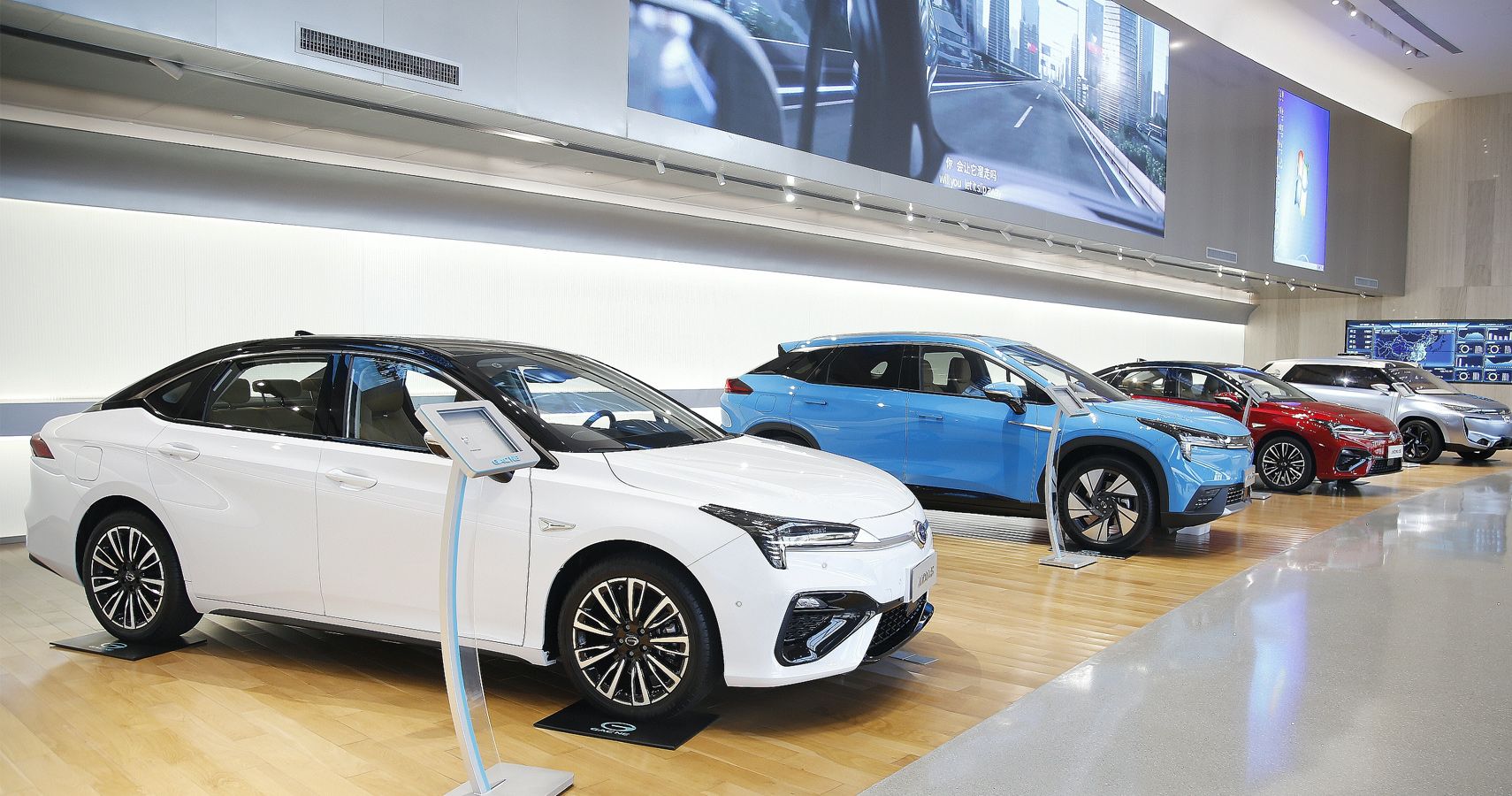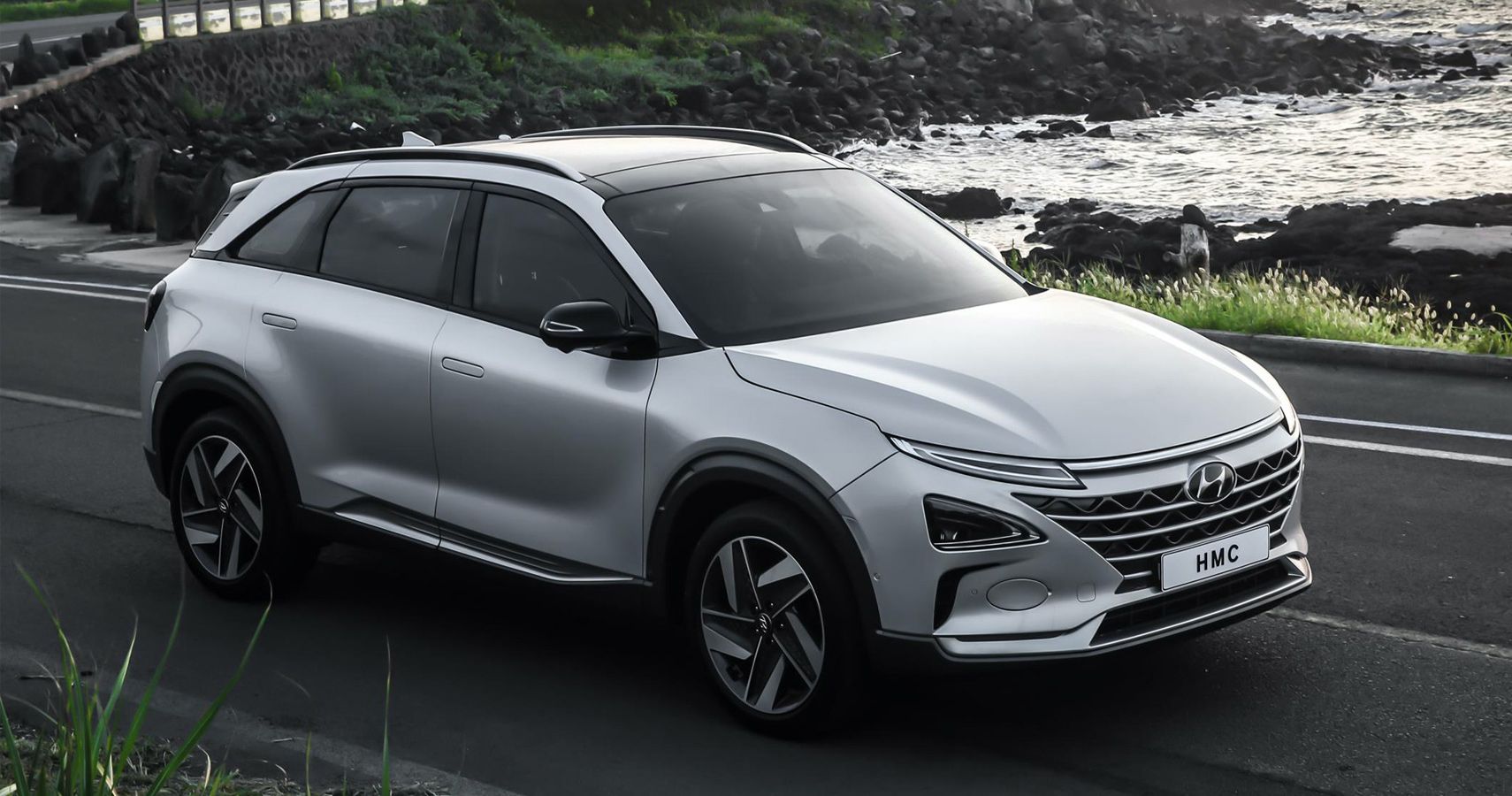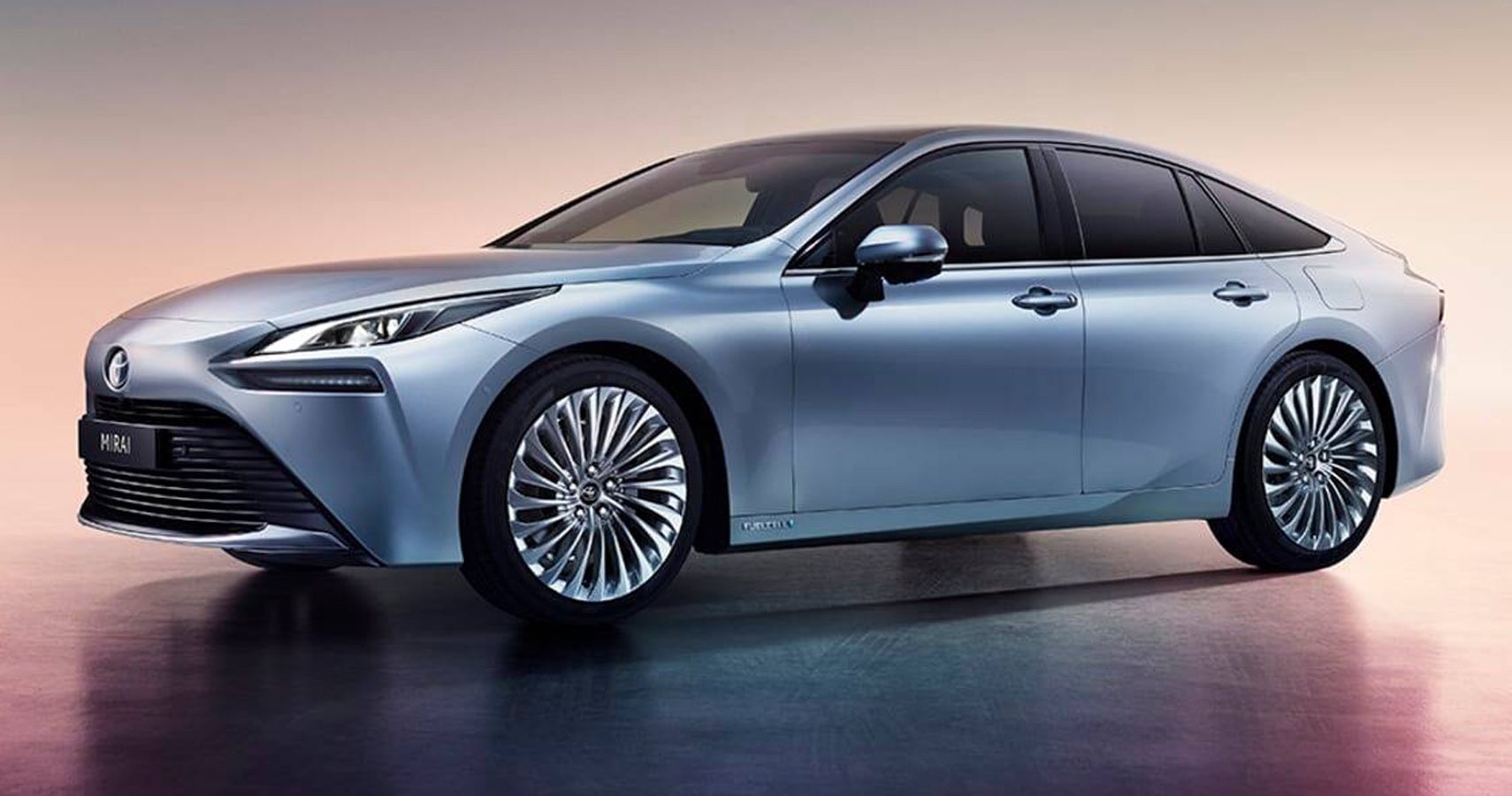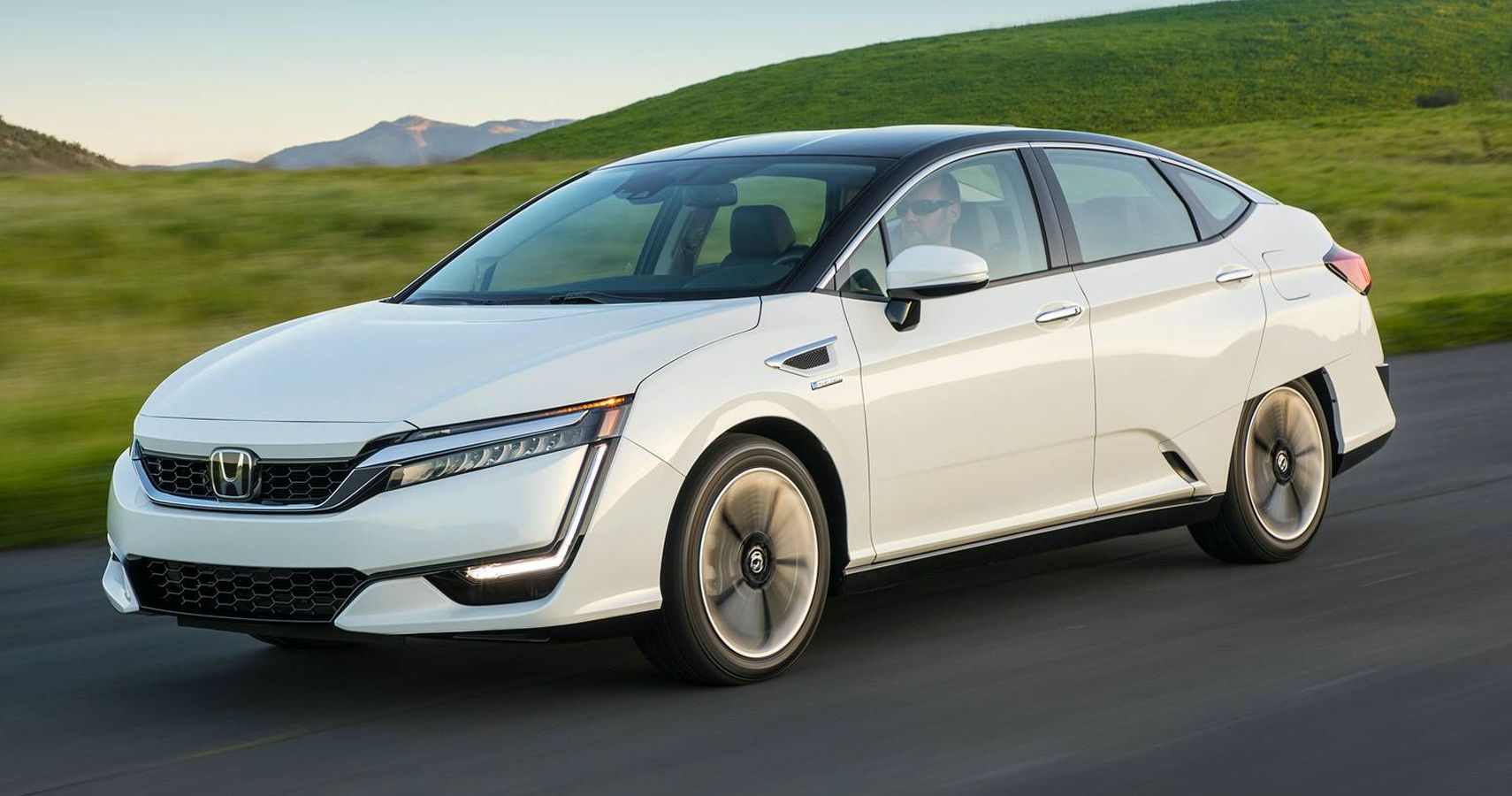China, which has become the world's biggest automobile market, came out with new policies to boost the hydrogen fuel cell vehicles industry.
The objective of the incentive is to lower hydrogen fuel price, increase the number of hydrogen-charging stations, and enlarge hydrogen fuel cell vehicle fleets.
The discussion regarding if fuel cell vehicles are better than battery-powered electric vehicles has just started, and while most automakers are betting on both, it looks like hydrogen technology is getting a boost thanks to the Chinese government.
An increase in demand, thanks to China's new subsidies, could mean a drop in the hydrogen fuel cost, making it a more reasonable choice for consumers all over the world, including in the U.S.
What Is The U.S. Doing In Regards To Fuel-Cell Vehicles
The U.S. has been conducting research and development in hydrogen production delivery, infrastructure, storage, fuel cells, and multiple end uses across transportation, industrial, and stationary power applications in the Hydrogen & Fuel Cells Program from the U.S. Department of Energy. And the Multi-State Zero Emission Vehicle (ZEV) Task Force, among other things, wants to increase the hydrogen fuelling infrastructure to reach 200 stations by 2025.
That being said, the only hydrogen vehicles for sale today are the Toyota Mirai, the Hyundai Nexo, and the Honda Clarity. All combined, there are around 300 fuel cell vehicles (mostly in California), while in China, there are 7,000.
The Pros And Cons Of Fuel-Cell Vehicles
Fuel-cell vehicles (FCEV) don't need charging. The hydrogen tank is refilled in a station just like gas cars since they don't store electricity in a battery. They create it on demand to power the engine. Fuel cell systems are also less costly than lithium-ion batteries and can be entirely refilled in 5 minutes.
The big problem relies on the flammability of hydrogen as well as its cost, as a refill of a car with 312 miles of range can cost up to 80 dollars. Another issue, as of now, is the lack of stations outside of the Multi-State ZEV task force as well as the lack of options, although that is about to change since automakers like BMW are working on new fuel cell vehicles.
Fuel Cell Electric Vehicles And Battery Electric Vehicles
Besides what was mentioned before, the U.S. hasn't really done much to boost fuel cell vehicles because electric cars already have a longer driving range and a wider charging infrastructure with ultra-fast chargers. Also, Hydrogen vehicles will always consume at least twice as much energy than battery electric vehicles, making them more expensive to own than a battery-powered one.
Source: Reuters, U.S. Department Of Energy




